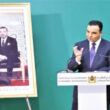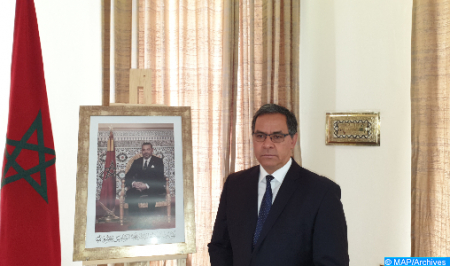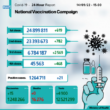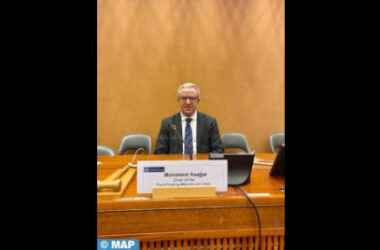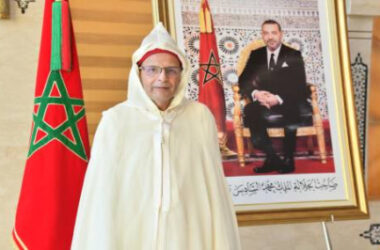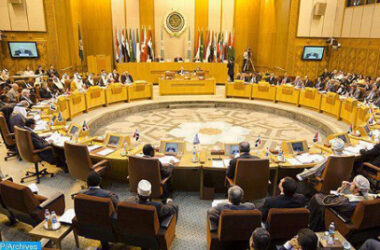“While thanking you all in advance for your contributions, I reiterate the crucial and vital importance of inter-African cooperation and partnership, which remain a must to overcome the challenges facing the African continent,” said Ambassador Mohamed Arrouchi, Permanent Representative of the Kingdom to the AU and UNECA, who chaired a meeting of the Sub-Committee.
This meeting of the Sub-Committee on Economic and Commercial Issues has particular importance as it is held ahead of the first AU Summit on industrialization and economic diversification, which will have to meet the major expectations of the continent in terms of industrial development in Africa and make it a major lever for the achievement of the Agenda 2063 and the sustainable development goals of the UN, noted Mr. Arrouchi.
“We meet, today, as the African continent faces growing economic challenges under the impact of climate change, the pandemic of the Covid-19 and its socio-economic repercussions and security challenges that still weigh on the dynamics of development and post-Covid-19 recovery,” the Moroccan diplomat observed.
Indeed, the economic outlook in Africa clearly indicates that the pandemic and the new international geopolitical context will have lasting impacts on the Continent, said Mr. Arrouchi during this meeting held by video conference.
The continent’s economic indicators are turning red one after the other: according to African Development Bank statistics, some 30 million people in Africa fell into extreme poverty by 2021. Some 22 million jobs were lost in the same year due to the pandemic. As a result, the continent’s additional financing needs for the period 2020-22 are estimated at $432 billion, the diplomat noted.
As alarming as these figures are, they do not capture the seriousness of the threat facing the continent. Climate change continues to pose a direct threat to economic activity and consequently to African food production while hitting the most disadvantaged regions of the continent first. The continent is losing between 5% and 15% of its gross domestic product due to climate change, he added.
The recent difficulties related to the international geopolitical situation with the recent surge in food prices, further complicate the picture and put human and food insecurity on the path of a humanitarian disaster announced. Economic disruptions related to the global crises could push an additional 1.8 million people into extreme poverty on the African continent by 2022, he added.
On the issue of climate change, Mr. Arrouchi stressed that although it is responsible for less than 4% of global greenhouse gas emissions, the African continent faces enormous challenges in terms of adaptation to climate change, in an already difficult context of instability, low socio-economic development, and food insecurity.
On the other hand, the Moroccan diplomat noted that within a decade, Africa has become not only a place of return and redeployment of foreign terrorist fighters, but also a producer of terrorist groups promoting hate and violent extremism.
The economic cost of terrorism has increased nine-fold since 2007, totaling over $13 billion in 2019, i.e. 49% of the global economic impact. These challenges constitute a major obstacle that annihilates all efforts of States and the Union for the preservation of stability, he warned.
Referring to economic integration, the Moroccan diplomat welcomed the progress made in the implementation of decisions relating to the African Continental Free Trade Area (AfCFTA) and called to continue these efforts aimed at the effective operationalization of this Zone.
The upcoming AU African Union Summit on Industrialization and Economic Diversification is a historic turning point in the AU’s economic architecture. “We approach it with an awareness of Africa’s challenges, but also with confidence in its strengths,” Mr. Arrouchi said.




